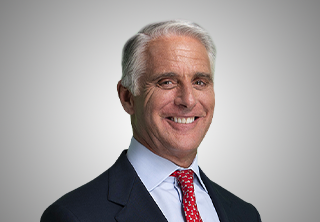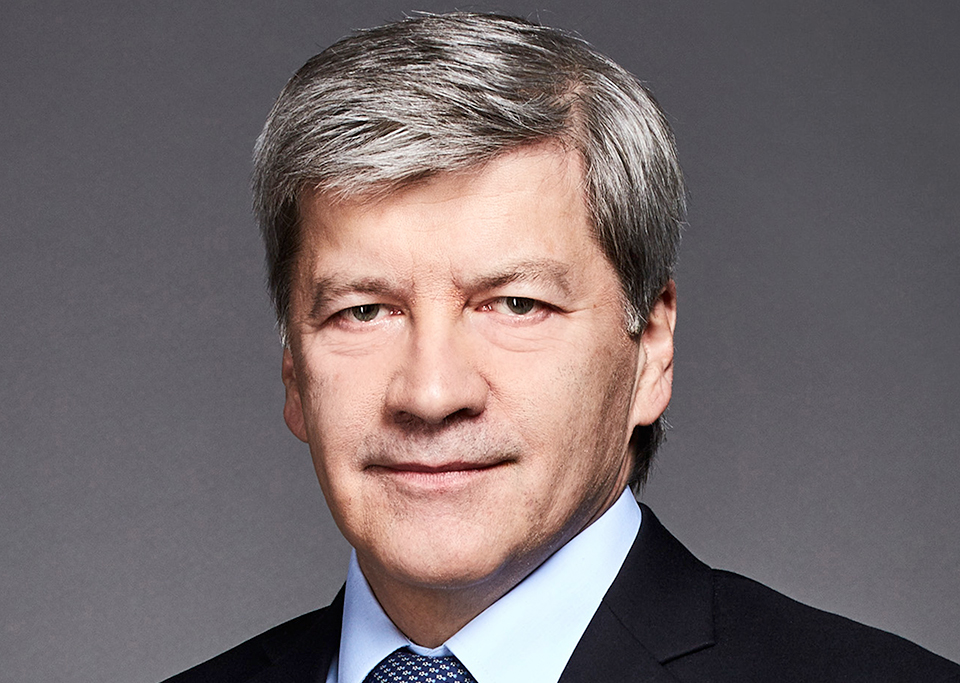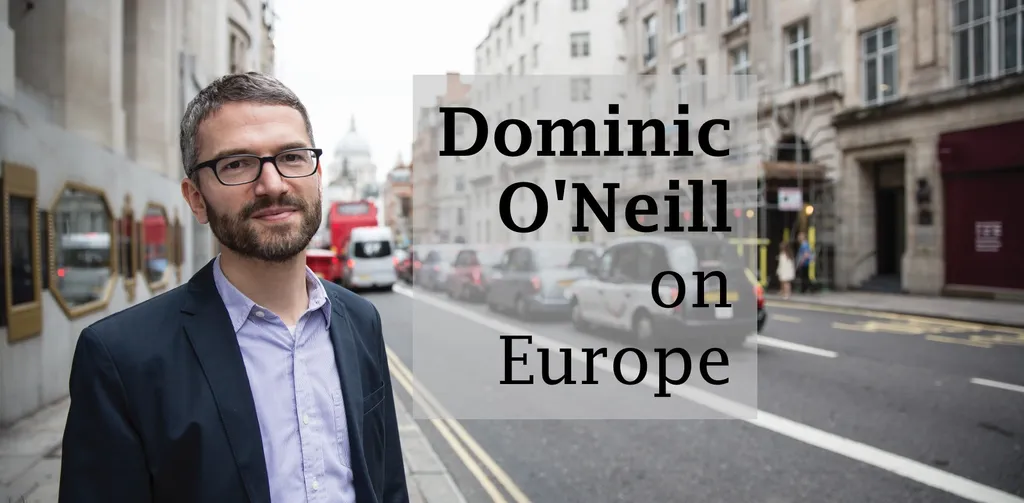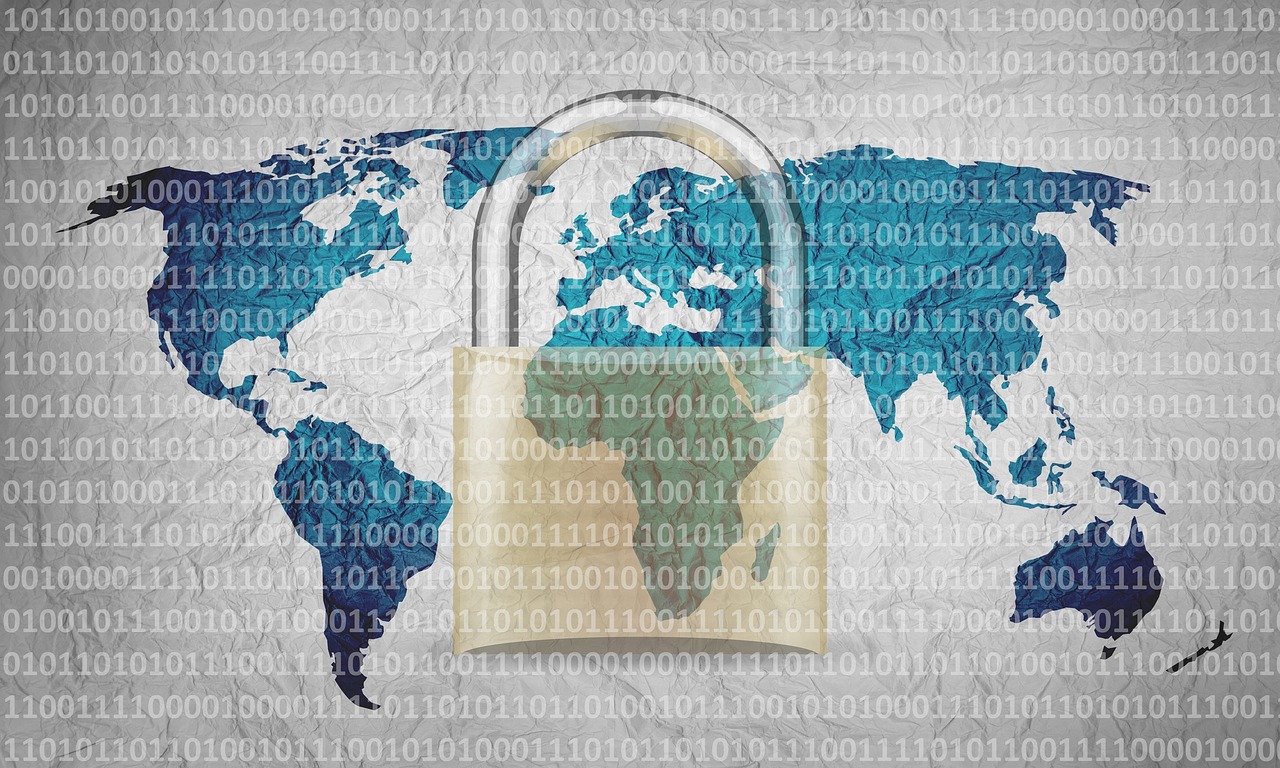As Russia’s president Vladimir Putin escalates his political rhetoric on Ukraine, the prospect of any rapprochement with the West seems ever more remote. For Western businesses, it becomes even less excusable to be in Russia. So, for the biggest Western banks still there, what is the justification for remaining?
In early August, Putin signed a decree banning Western energy firms and banks from selling out of Russia until the end of the year. That might sound like a good excuse for those who might like to linger in case things get better, although it doesn’t change much, according to one senior executive close to the situation. Putin can still issue waivers for deals to go ahead, and his approval would always have been needed anyway. This merely adds a layer of bureaucracy.

Andrea Orcel, chief executive of UniCredit, is another banker who has spent much of the past six months preoccupied with Russia. The country was previously one of the Italian group’s biggest avenues for growth. It is clear that Orcel does not think UniCredit should abandon its Russian bank. When BP gave up its stake in national oil company Rosneft shortly after the invasion it looked, to some, like a present to the Russian state.
France’s Societe Generale closed the sale of Rosbank in May to Vladimir Potanin – then one of a few unsanctioned Russian oligarchs – at such a low price that the French firm had to write €3.1 billion from its group capital.
Orcel thinks that what he calls a “dump it all” approach would be irrational, overly hasty, and even immoral.
“You’re dumping it to the very people you’re trying to fight,” he told a Bank of America financials conference in September. “We are trying to make sure there is an orderly containment of what we have, and eventually an exit, but in a way that is not a gift.”
Group exposures
For UniCredit, the €2.5 billion of equity it had tied up in its local bank in Russia at the outbreak of the war hasn’t been its main headache, rather it is the €5.5 billion of group-funded wholesale exposures.
It has written off 30% of its cross-border Russian risks but has since released some of those provisions after reducing exposure by €2.7 billion in the first half. The remaining cross-border exposure is now primarily to two large companies whose international creditworthiness Orcel deems to be less at risk of sanctions because of Europe’s reliance on Russia’s natural resources.
To reduce UniCredit’s group exposure, Orcel has swapped loans to Russian companies, at par, with Russian banks’ loans to European companies. Some cash-rich Russian companies have also pre-paid loans, again at par, as far as five years in advance.
Thirdly, UniCredit has sourced international buyers for loans to Russian clients – below par, but still above the 30% provision – from countries such as China, India, Turkey and South Africa, whose governments have tried to remain friends with both sides, making sanctions less of a barrier.
The official line is that RBI is ‘assessing all strategic options for the future of Raiffeisenbank Russia, up to and including a carefully managed exit’
Raiffeisen, similarly, roughly halved its €600 million cross-border exposures to Russia between March and early summer, although that was not thanks to asset swaps or loan sales, rather than simply repayments, according to a source familiar with the matter.
Raiffeisenbank Russia went into the war at a slightly bigger size than UniCredit’s equivalent in absolute terms, and much bigger in terms of importance to the parent. Because it is more consumer-focused than the equivalent at UniCredit, it may also be less of a target for buyers in countries like China that are interested in the relevance for home-country clients.
Rumours in the spring of a sale of Raiffeisenbank Russia to Gazprombank – which has until now been spared the harshest Western sanctions, due to its role enabling Russian gas payments – have come to nothing and it was never a realistic proposition, says a source close to the situation.

Johann Strobl, chief executive of Vienna-listed Raiffeisen Bank International, has been less publicly averse to giving away the Russian lender than Orcel. The official line is still that RBI is “assessing all strategic options for the future of Raiffeisenbank Russia, up to and including a carefully managed exit”.
One solution, according to Moody’s, is a donation to a local foundation. Yet that would also be problematic, on the Russian and European sides, as there would be questions about who really controls the bank.
Business appreciation
For all these banks, war and sanctions have not yet brought any immediate need for a recapitalization. The Russian central bank has cut its key rate to below the level before the invasion, as the rouble has soared, thanks to high energy prices.
Raiffeisenbank Russia’s loans to customers were down 22% year on year at the end of June, in local currency terms. It is doing almost no new lending. At UniCredit, about 1,250 of its bank’s 1,500 corporate clients in Russia are local operations of European businesses. Their need to disentangle themselves from Russia is, according to Orcel, a big reason for not staging a fire sale, alongside a sense of responsibility to local staff.
Nevertheless, the appreciation of the rouble – coupled with de-risking, and increased profit margins – has caused the equity book value of these Russian units to surge in euro terms, reaching €3.5 billion at UniCredit and €4.3 billion at Raiffeisen, in the second quarter. That underpinned a 62-basis point boost to UniCredit’s group common equity tier-1, due to Russia.
In late August, meanwhile, Citi said it was winding down consumer and commercial banking operations in Russia after renewed attempts at a sale this year came to nothing. Yet it is the large corporate business that matters most to Citi, covering €7.4 billion out of €8.4 billion of residual Russian exposures.
While gradual winddowns are also possible at the other Western-owned Russian banks, especially Raiffeisen, there are rumours that UniCredit has buyers ready if it can get approval for a sale. That is most likely to a bank in a country such as China.
Despite the generally harder line of the US government against Russia, compared with Italy and the rest of the European Union, could that mean a US bank would eventually be the only Western firm with a large corporate-focused Russian operation?
Despite the greater reluctance of French and Italian non-financial corporations to exit Russia compared with US and northern European peers, Societe Generale was the first of the big Western players in Russian banking to exit. Long-standing chief executive Frédéric Oudéa announced in June he was stepping down next year, but the biggest factor was SocGen’s enduringly close relationship with Potanin. His Interros investment vehicle was Rosbank’s largest shareholder before a stepped acquisition by SocGen starting in 2006.
It is unclear how much Potanin paid for Rosbank this year apart from a €500 million subordinated debt claim from SocGen against its Russian bank. Nevertheless, as other chief executives might admit, the sale has freed the French firm from the day-to-day business of owning a bank in Russia – and from the question of what to do with it in the longer term.




